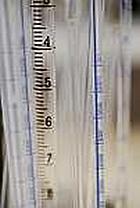













































Computer prediction of the construction of biological systems based on their sequences may allow to skip the expensive and time-consuming experimental studies. Knowledge of such structures can help in designing drugs, argues Dr. Mariusz Makowski from the University of Gdańsk.